My Three-Day Rule for Investing: And If it Applies Now
I've seen a lot in my career. Here's what I see now in the stock market.


I am long on record as an extreme skeptic of doom-loop and daisy-chain scenarios, where action A causes market reaction B and then investments C, D and E crash as traders and investors lose nerve and everyone's portfolios drown in a flood of madcap selling.
For 40 years, I have written that it is dumb to make quick portfolio decisions based on political and international events. And I have been correct to believe that when reliable investments get indiscriminately slammed, there is enough smart money to undo some of the damage.
That is the DNA of my three-day rule, which holds that in any news-driven plunge, sober-minded buyers will arrive in roughly 72 hours wielding significant sums of cash.

Sign up for Kiplinger’s Free E-Newsletters
Profit and prosper with the best of expert advice on investing, taxes, retirement, personal finance and more - straight to your e-mail.
Profit and prosper with the best of expert advice - straight to your e-mail.
The exception was the crash of 2008, and that was because multiple banks went bust and Wall Street had no rescue money. Bank failures and widespread bond defaults are crushing. Fortunately, with the U.S. economy borderline booming entering this year, the banks seem sound.
But the trade war and, worse, the utter confusion about what it is supposed to achieve and on what timetable stand to undermine all my time-tested doctrines. I wish I were confident that financial markets will push back enough to influence the policymakers.
But all indications say that this is not a three-day story. S&P 500 companies earn 40% of their profits outside the U.S. And America's fixed-income markets depend more than before on overseas buyers looking for higher yields along with the comfort of owning debts denominated in strong dollars.
For now, I expect a rush to find both relative protection from the protectionists and the most-secure cash flows. The consensus is that economic growth will slow if not roll over into a recession, and inflation will head back up above 3%.
Long-term interest rates may fall further for a while on fear, but this stagflation implies they will eventually climb. Do not fall for the temptation to buy long-term Treasuries or bond funds, including high-yield bonds, which are closely correlated to stock prices. Feel free to lighten up on those assets, too.
The least bad options

So, then, what else do I suggest? I'll highlight four ideas that start with D – as in detergent, diesel, dividends and dollars (meaning cash and cash equivalents). But even these might be just the least bad options.
In early April, as shell-shocked shareholders watched the stock market disgorge trillions of dollars, detergent, which is shorthand for Procter & Gamble (PG) and other makers of consumer staples, withstood the worst, as did utilities and high-dividend names such as AT&T (T) and Verizon (VZ).
Low-volatility dividend funds such as the Franklin U.S. Low Volatility High Dividend Index (LVHD) and the Federated Hermes Strategic Value Dividend (SVAAX) are keepers.
Diesel, by which I mean fuel handlers such as pipelines, is under pressure from fast-falling oil prices. But the cash flows from the volume of energy use are reasonably predictable, so you can expect high dividends.
The best D of all for now is dollars, as in cash or ultra-short-term bond funds such as the Fidelity Low Duration Bond Factor (FLDR).
The Federal Reserve may cut interest rates in the coming months to support employment, so you might be wise to lock in CD and Treasury-bill ladders sooner rather than later.
But there are no sure things in the short run. I've seen a lot in my long career. This breaks the norms.
This item first appeared in Kiplinger Personal Finance Magazine, a monthly, trustworthy source of advice and guidance. Subscribe to help you make more money and keep more of the money you make here.
Related Content
Profit and prosper with the best of Kiplinger's advice on investing, taxes, retirement, personal finance and much more. Delivered daily. Enter your email in the box and click Sign Me Up.

Kosnett is the editor of Kiplinger Investing for Income and writes the "Cash in Hand" column for Kiplinger Personal Finance. He is an income-investing expert who covers bonds, real estate investment trusts, oil and gas income deals, dividend stocks and anything else that pays interest and dividends. He joined Kiplinger in 1981 after six years in newspapers, including the Baltimore Sun. He is a 1976 journalism graduate from the Medill School at Northwestern University and completed an executive program at the Carnegie-Mellon University business school in 1978.
-
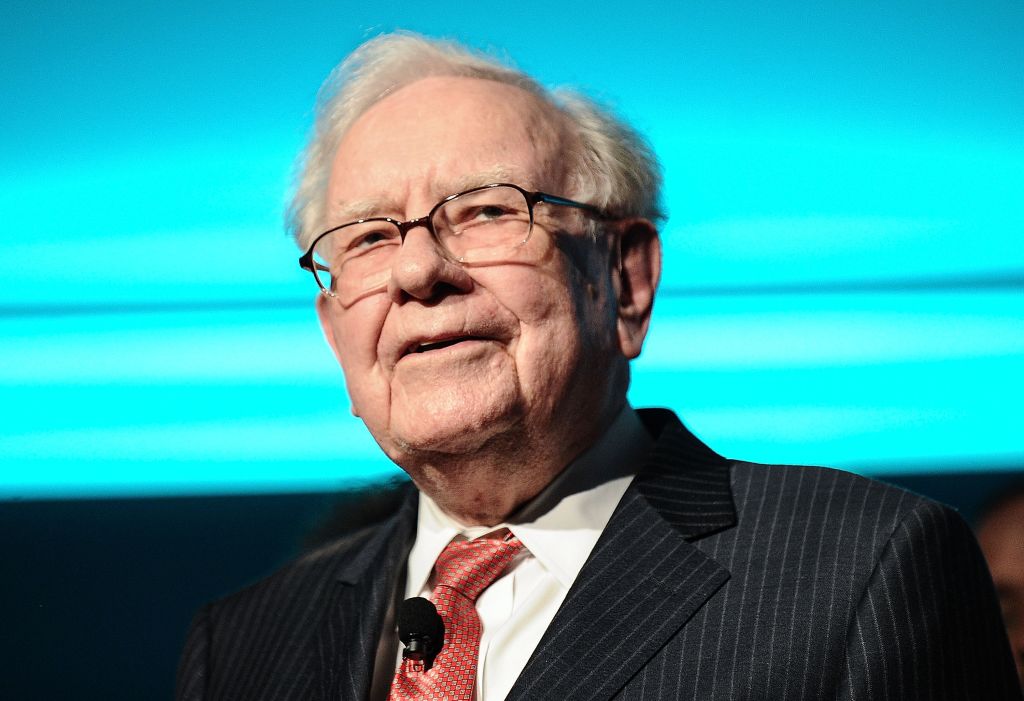 If You'd Put $1,000 Into Berkshire Hathaway Stock 20 Years Ago, Here's What You'd Have Today
If You'd Put $1,000 Into Berkshire Hathaway Stock 20 Years Ago, Here's What You'd Have TodayBerkshire Hathaway is a long-time market beater, but the easy money in BRK.B has already been made.
-
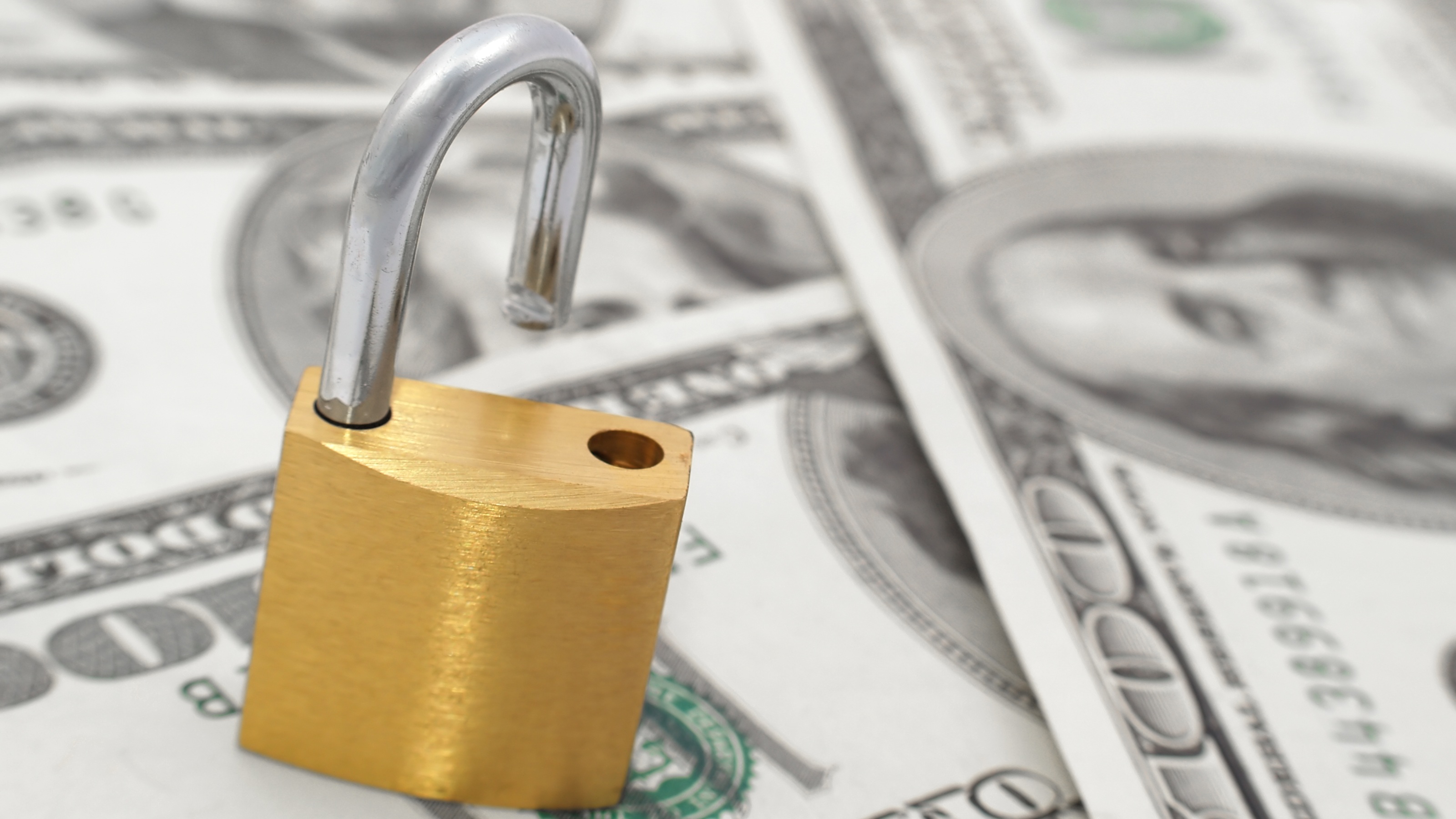 New SALT Cap Deduction: Unlock Massive Tax Savings with Non-Grantor Trusts
New SALT Cap Deduction: Unlock Massive Tax Savings with Non-Grantor TrustsThe One Big Beautiful Bill Act's increase of the state and local tax (SALT) deduction cap creates an opportunity to use multiple non-grantor trusts to maximize deductions and enhance estate planning.
-
 If You'd Put $1,000 Into Berkshire Hathaway Stock 20 Years Ago, Here's What You'd Have Today
If You'd Put $1,000 Into Berkshire Hathaway Stock 20 Years Ago, Here's What You'd Have TodayBerkshire Hathaway is a long-time market beater, but the easy money in BRK.B has already been made.
-
 New SALT Cap Deduction: Unlock Massive Tax Savings with Non-Grantor Trusts
New SALT Cap Deduction: Unlock Massive Tax Savings with Non-Grantor TrustsThe One Big Beautiful Bill Act's increase of the state and local tax (SALT) deduction cap creates an opportunity to use multiple non-grantor trusts to maximize deductions and enhance estate planning.
-
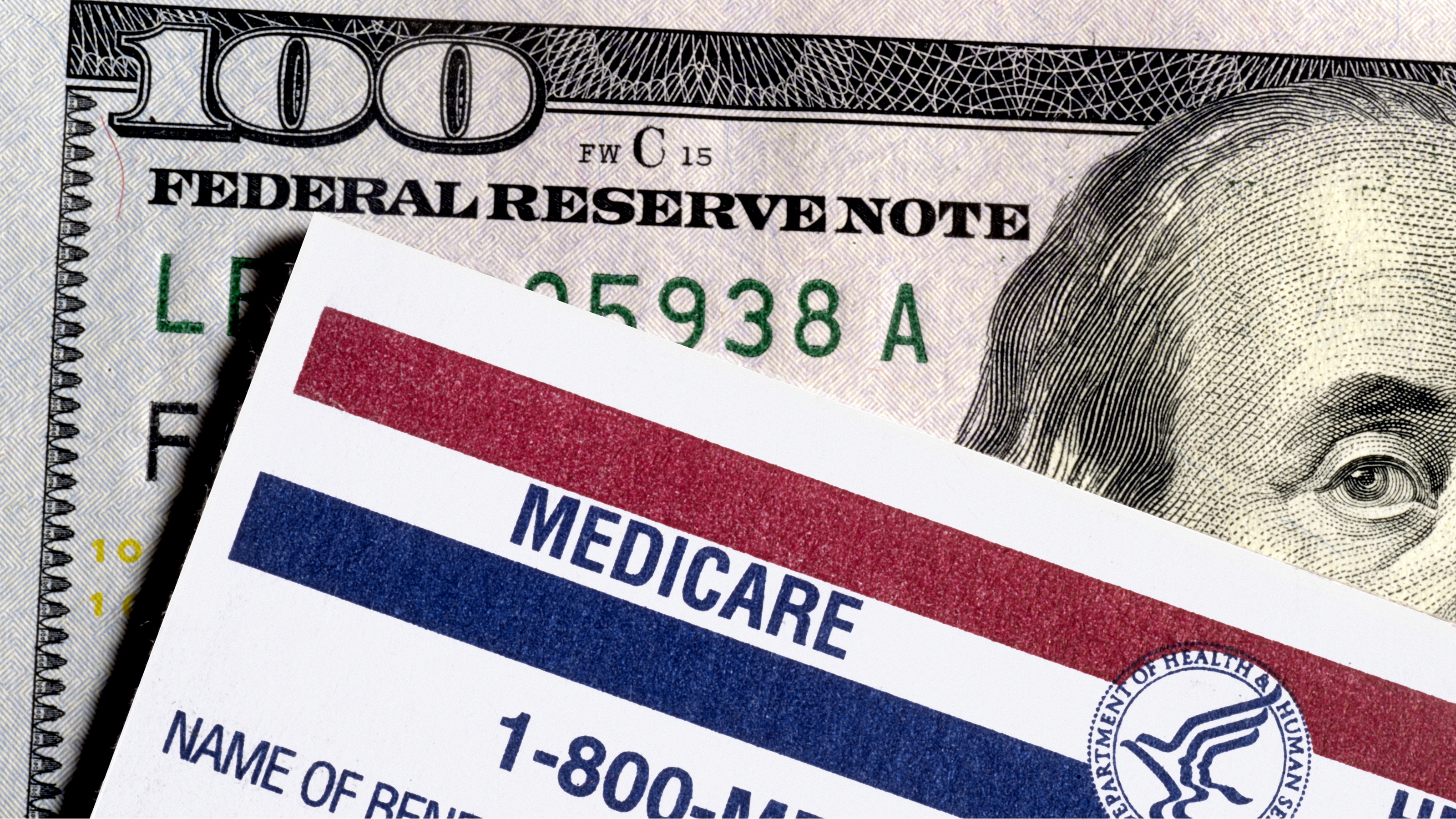 Know Your ABDs? A Beginner's Guide to Medicare Basics
Know Your ABDs? A Beginner's Guide to Medicare BasicsMedicare is an alphabet soup — and the rules can be just as confusing as the terminology. Conquer the system with this beginner's guide to Parts A, B and D.
-
 I'm an Investment Adviser: Why Playing Defense Can Win the Investing Game
I'm an Investment Adviser: Why Playing Defense Can Win the Investing GameChasing large returns through gold and other alternative investments might be thrilling, but playing defensive 'small ball' with your investments can be a winning formula.
-
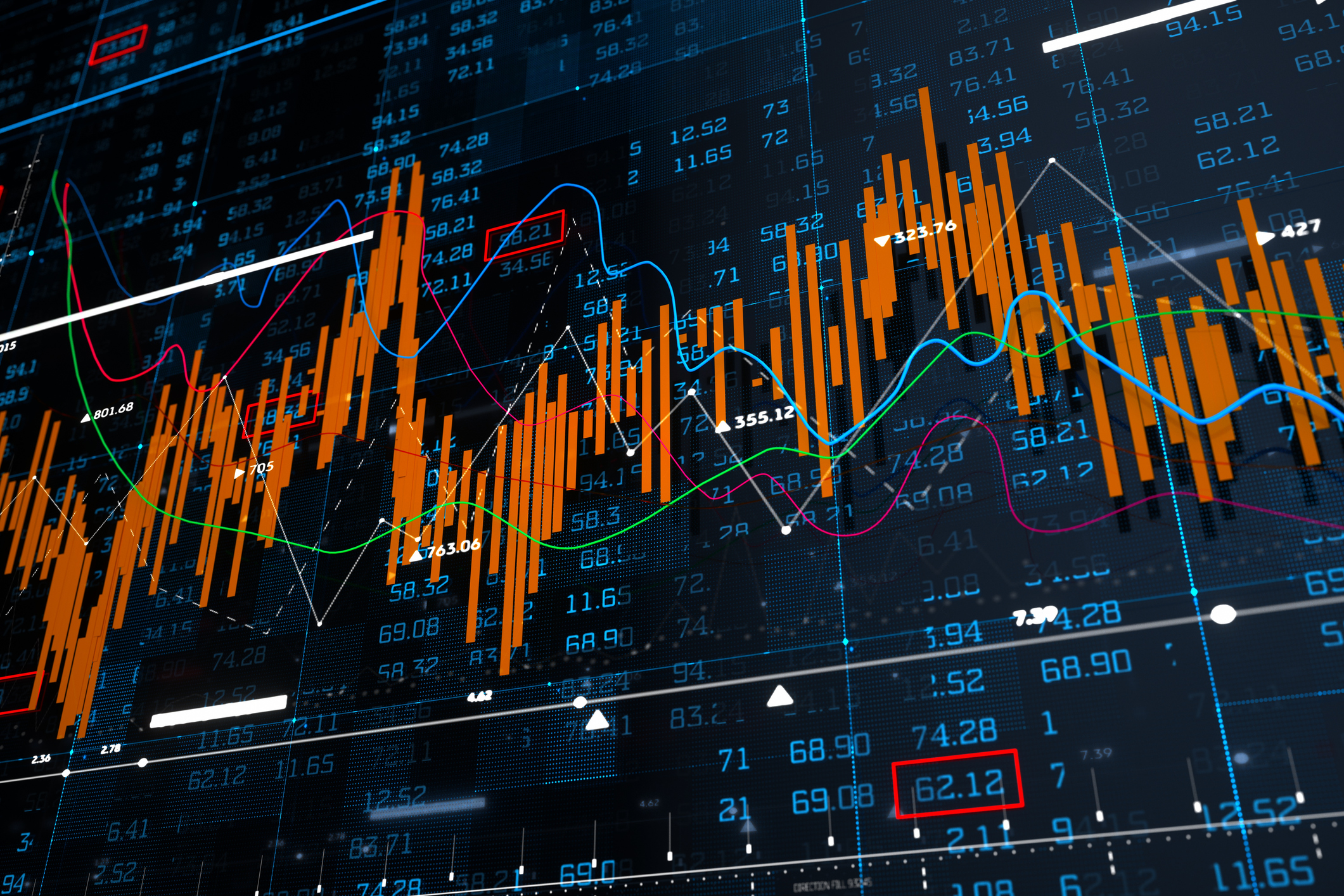 Stock Market Today: Powell Rumors Spark Volatile Day for Stocks
Stock Market Today: Powell Rumors Spark Volatile Day for StocksStocks sold off sharply intraday after multiple reports suggested President Trump is considering firing Fed Chair Jerome Powell.
-
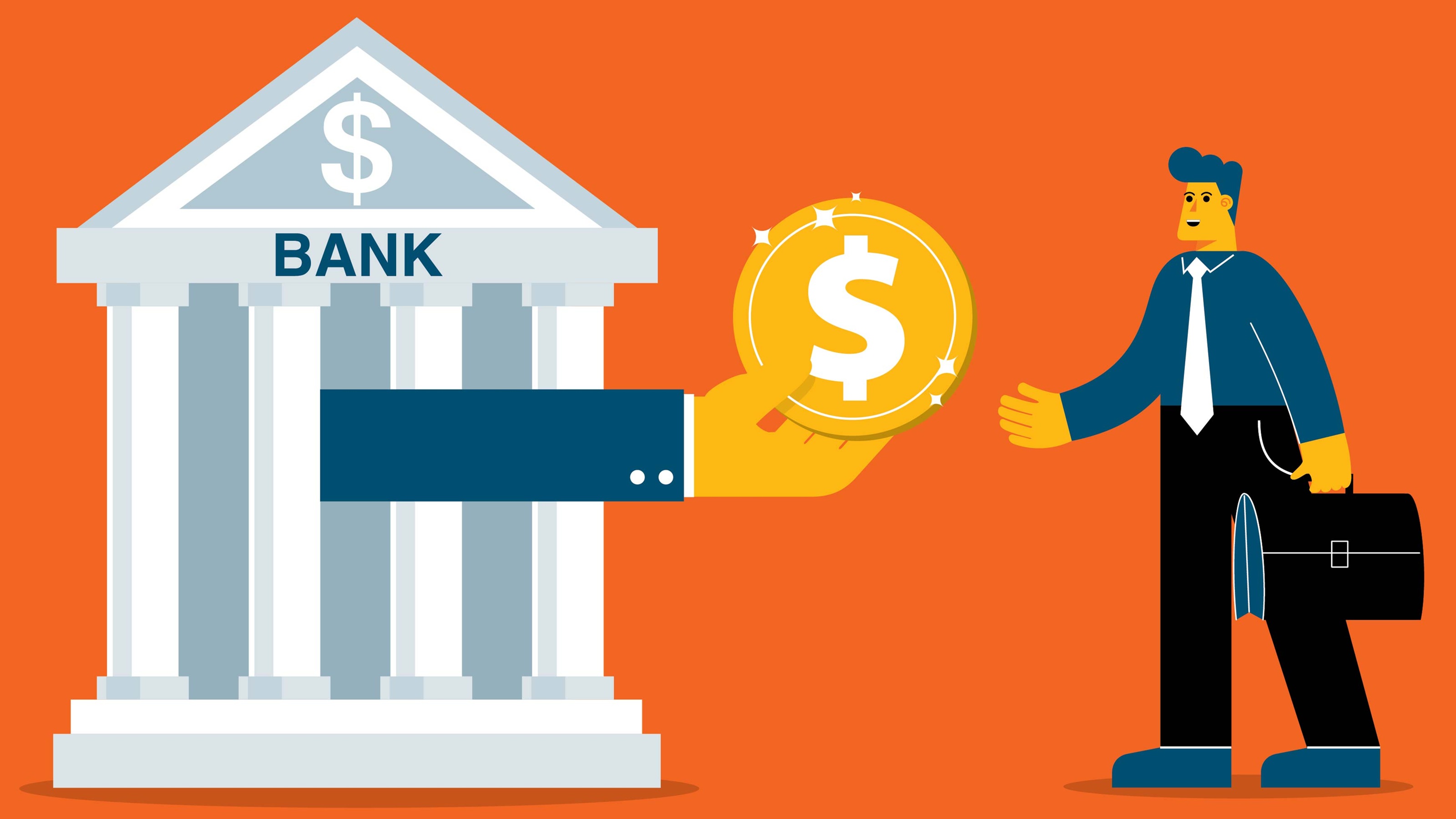 Callable CDs Have High Rates: We Still Don't Recommend You Get Them
Callable CDs Have High Rates: We Still Don't Recommend You Get ThemInvestors must carefully consider the trade-offs, as falling interest rates could lead to reinvestment at a lower yield and make selling on the secondary market difficult.
-
 Five Big Beautiful Bill Changes and How Wealthy Retirees Can Benefit
Five Big Beautiful Bill Changes and How Wealthy Retirees Can BenefitHere's how wealthy retirees can plan for the changes in the new tax legislation, including what it means for tax rates, the SALT cap, charitable giving, estate taxes and other deductions and credits.
-
 Portfolio Manager Busts Five Myths About International Investing
Portfolio Manager Busts Five Myths About International InvestingThese common misconceptions lead many investors to overlook international markets, but embracing global diversification can enhance portfolio resilience and unlock long-term growth.